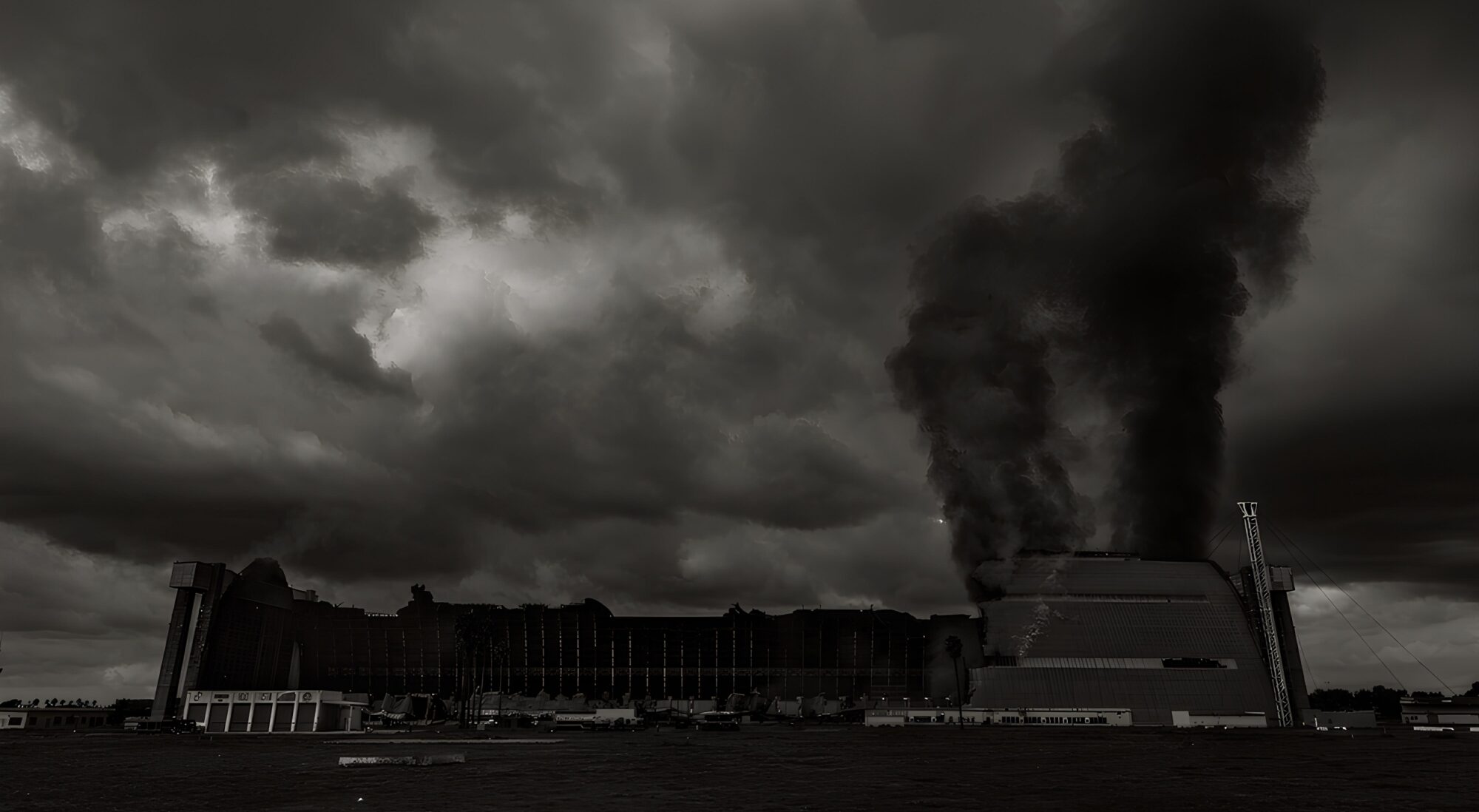Addicted? 1-800-662-HELP
SAN FRANCISCO — Governor Gavin Newsom proposes emergency regulations to protect children from dangerous products containing THC.
The governor says they’re popping up in grocery and corners stores across the state, and wants to prevent them from being sold outside of dispensaries.
“We want these products off the shelf. We want the retailers, the grocers to get them off themselves today,” Gov. Newsom said.
Officials say the new rules are aimed particularly at protecting children from potentially harmful health effects of intoxicating hemp products.
As Newsom holds several cans, he said, “I don’t know how you know or realize this is a hemp product. It says Tune Up sparkling water. Then you barely find that it’s THC in there. It’s a disgrace.”
And it’s not just THC, the tougher regulations would expand the number of psychoactive cannabinoids that will need to be undetectable in order to be sold outside dispensaries.
“CDPH determining based on science has added another 30 that go into that undetectable sense. So we’re not just saying “same old same old cannabinoids,” said Dr. Mark Ghaly, California Health and Human Services Secretary.
And as far as the public’s perspective, ABC7 spoke with people outside a Mill Valley grocery store about the potential regulations.
“I think THC can be really beneficial for people, but as far as children getting their hands on it, I think that could be potentially controversial,” said Isabelle Ellingson, Mill Valley Resident.
April Abbott, Mill Valley Resident: “And THC, I wasn’t aware of that, but it definitely has to be regulated and monitored.”
Tara Campbell: “Do you think it should be in stores, like grocery stores?”
Abbott: “Absolutely not. Absolutely not. Why?”
And from parents and grandparents, to pet parents…
“This is my child, so I don’t have human children, but I sure wouldn’t want my children taking in THC just by chance,” said Susan Hopp, Mill Valley Resident.
But the governor got some push back Friday from the industry.
The U.S. Hemp Roundtable said it’s exploring legal options. They released a statement writing in part:
“Newsom has decided to unilaterally destroy countless small businesses and farmers across California. We will not let this stand without a fight.”
The governor, however, saying that’s not his goal.
“We don’t want to kill the hemp industry. We want the industry to be regulated. It was not intended for intoxicating products,” the governor said.
The proposed regulations still require approval from California’s Office of Administrative law.
If that happens, the rules will go into effect immediately.
That means stores will have to remove any consumable products containing any level of THC.
